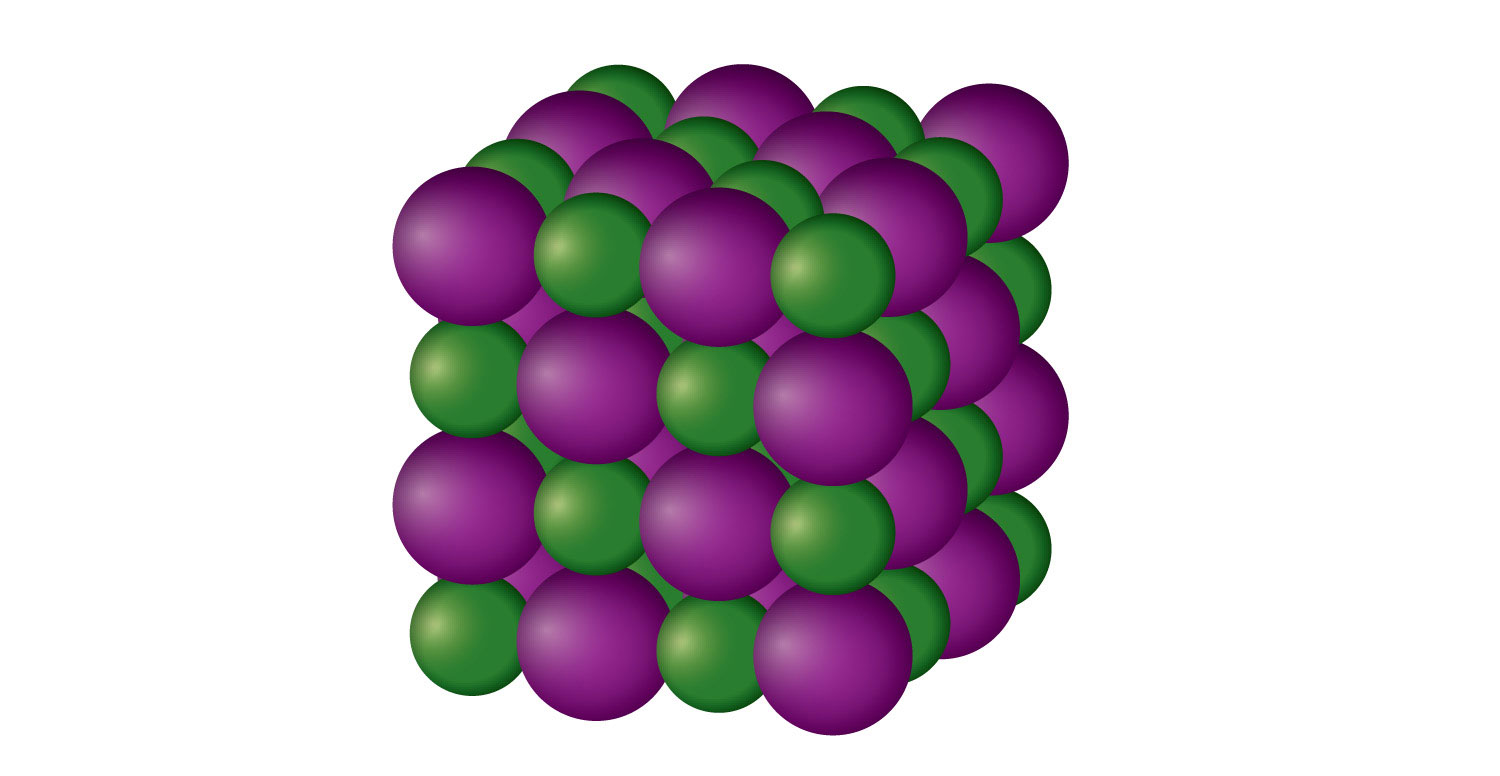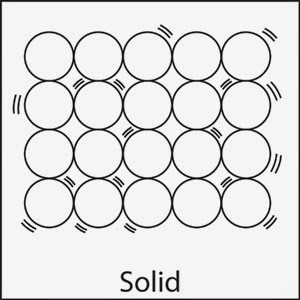Particle model of solids, liquids and gases Solid chemistry solids ionic molecules dimensional three introductory diagram ions nacl figure shape alternating liquids together held do array composed 6.2 solids, liquids and gases
Chapter 10 Section D Solids
Diagram of particles in a solid
Solid particles arrangement رسم
Solid matter states molecules solids diagram particles arrangement particle liquid state chemistry gas igcse motion move gcse do packed structureP3 a) the particle model – aqa combined science trilogy 3. particle model of matterMatter particle model kinetic molecular states simple particles liquids solids gases state energy changes different picture science they move.
Particles arrangement phases gases solids liquids particle arrangements packed monahan floatingParticle diagrams Particle model solids particles liquids draw solid gases diagram guide models choose boardWhat is the arrangement of particles in a solid, liquid and gas?.

Chemistry: states of matter: level 1 activity for kids
Matter states particles liquid liquids chemistry gases solids primaryleap together fixed small theirIn which state do particles have no bonds: exploring the world of isolation Arrangement of particles in phases of matter — comparisonChapter 10 section d solids.
Igcse chemistry: states of matterThe intermolecular space between the molecules in solid is the least Solids solid particles particle model liquids matter science gases states together chemistry packed close gcse changes closely cliparts picture vibrateParticles arrangement phases particle arranged arrow differently represented.

Solid chemistry solids ionic molecules dimensional introductory diagram three intermolecular space figure between nacl ions liquids alternating together courses explain
Which particle model represents a chemical changeSolid particles particle movement arrangement molecular kinetic diagrams liquid gas diagram matter states model physics energy speed heat three picture Solid particles science particle theory gas spaces closeKinetic theory.
Which particle model represents a chemical changeWhat is a particle? Solid liquid gas liquids solids volume shape states general representation definite hasGases particles arrangement solids liquids matter states motion solid diagram theory kinetic simple movement three igcse liquid gas describe like.

What is the particle model: a guide to solids, liquids and gases
3. particle model of matterSolids and liquids .
.








